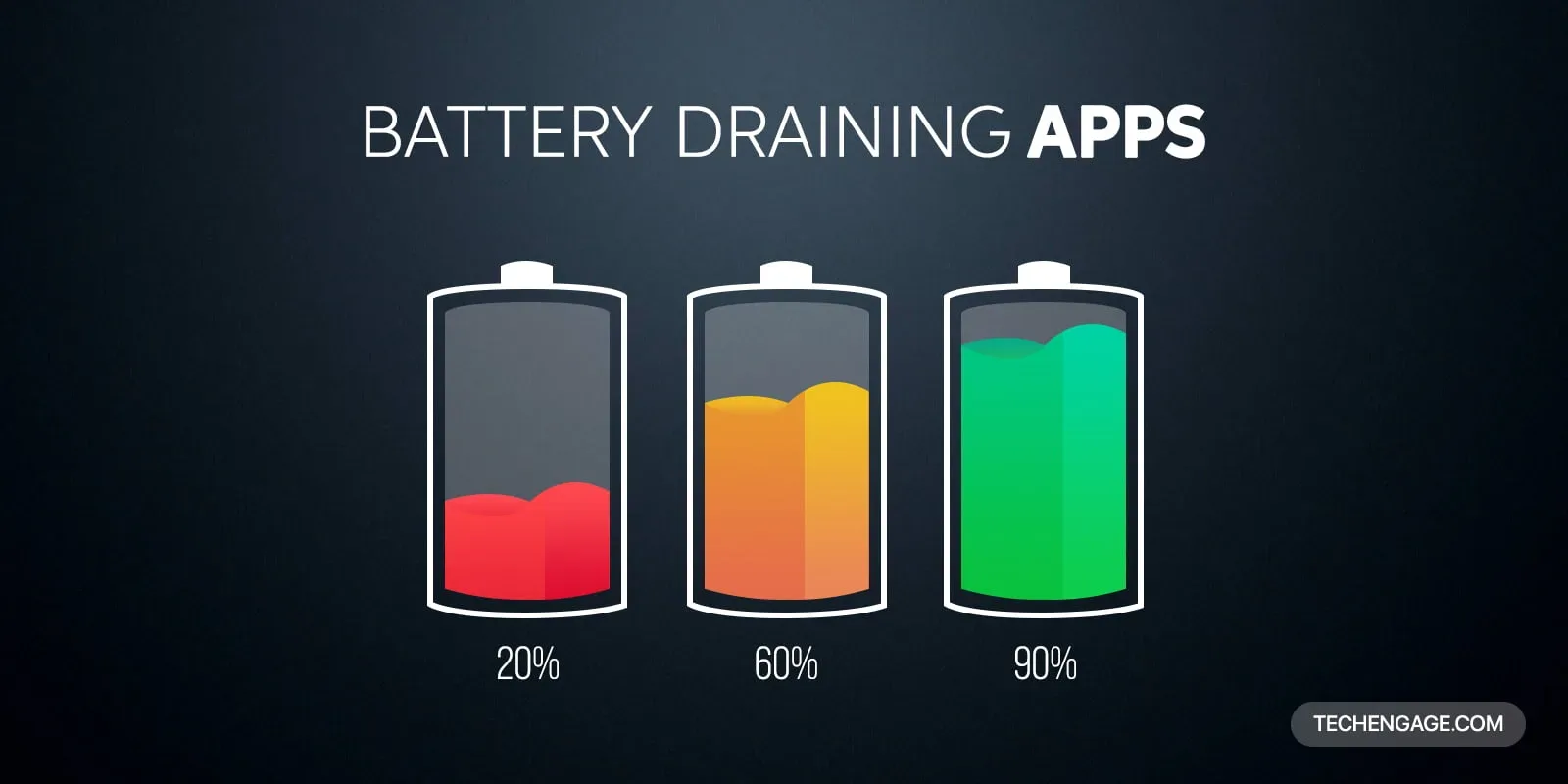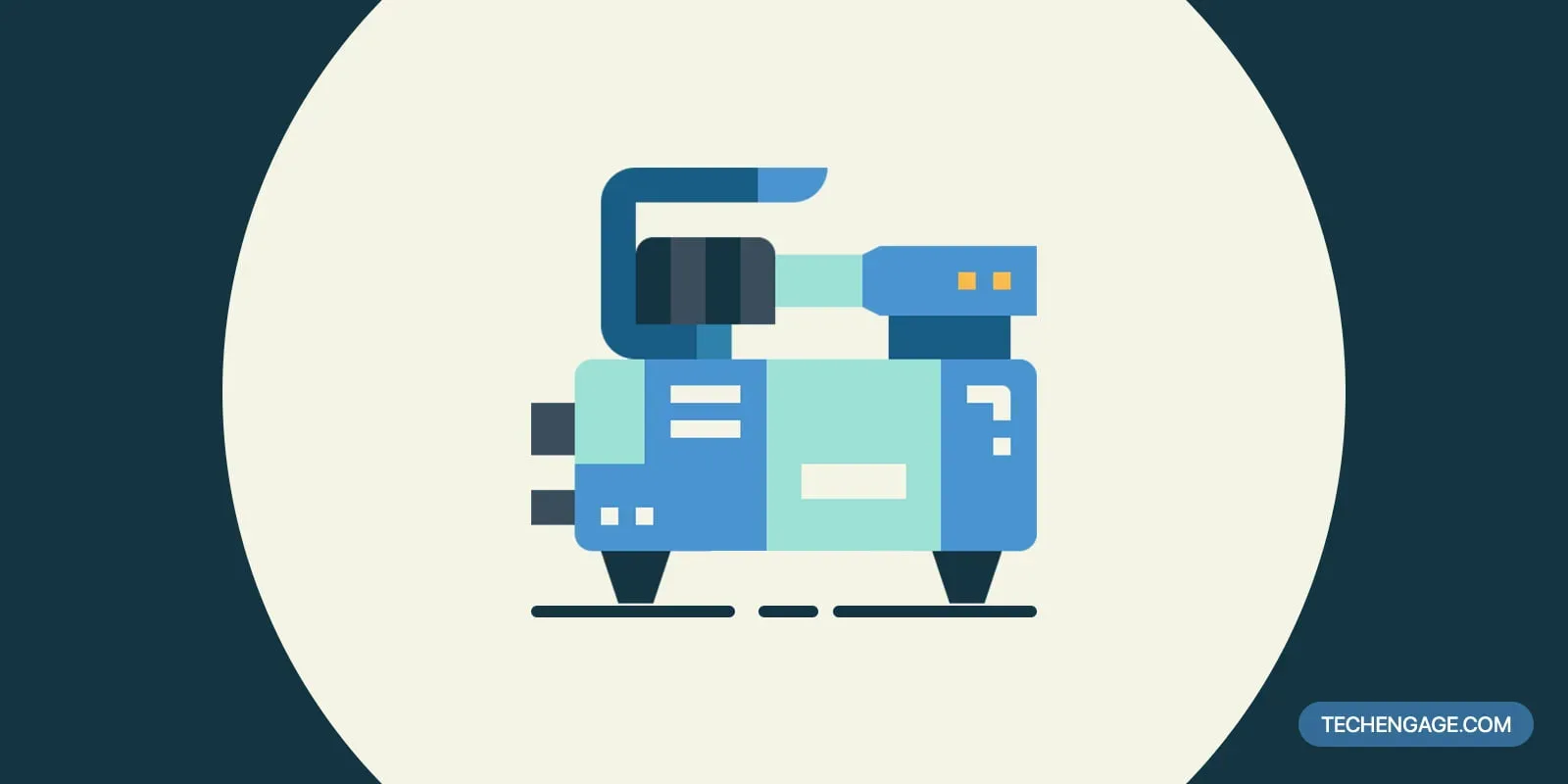Well, so much for the idea of a place on Earth untouched by bad human decisions.
Antibiotic-resistant genes (ARGs), the result of overzealous prescription of antibiotics by doctors that lead to drug-resistant infections, have been found in the High Arctic, specifically the Kongsfjorden region of Svalbard.
Soil samples taken from the area have confirmed the presence of the blaNDM-1 gene, which was originally identified in 2008 in Delhi and two years later in the surface waters of the region. The blaNDM-1, as well as other ARGs, can now be found in Arctic soils, according to researchers from Newcastle University. The researchers say they were likely brought there by birds, other wildlife, and human visitors to the area and deposited into the soil via the fecal matter of these visitors.
The lead researcher on the study, Professor David Graham noted that polar regions like Kongsfjorden “are among the last presumed pristine ecosystems on Earth,” and
“Encroachment into areas like the Arctic reinforces how rapid and far-reaching the spread of antibiotic resistance has become, confirming solutions to AR must be viewed in global rather than just local terms.”
This discovery adds more fuel to the growing public health crisis posed by antibiotic-resistant infections. Drug development and testing simply can’t keep up with ever-evolving diseases. And while we’ve long known the role of overprescribing antibiotics in creating new and hard-to-treat infections, this hasn’t stopped patients from demanding (and doctors from prescribing) antibiotics in inappropriate ways.
The Newcastle study was designed to track a specific protein the confers resistance on a range of bacteria called NDM-1. It was first identified in New Delhi and is coded by the blaNDM-1 gene. Since its original identification ins 2008, the resistant gene has been found in over 100 countries and new variants continue to pop up, making a solution even more elusive.
Currently, the last resort for multidrug-resistant infections is a class of drug called Carbapenems. There are very few antibiotics that can combat bacteria resistant to Carbapenems, so the spread of blaNDM-1 and related ARGs is a huge public health conundrum.
According to Graham,
“What humans have done through excess use of antibiotics on global scales is accelerate the rate of evolution, creating a new world of resistant strains that never existed before.
Through the overuse of antibiotics, fecal releases and contamination of drinking water, we have consequentially speeded-up the rate at which superbugs might evolve.”
Good job, humanity.
Another member of the team, Dr. Clare McCann, of Newcastle University noted that:
“The only way we are going to win this fight is to understand all pathways that lead to antibiotic resistance.
Clearly, improved antibiotic stewardship in medicine and agriculture is crucial, but understanding how resistance transmission occurs through water and soils is also critical. We contend that improved waste management and water quality on a global scale is a key step.”



